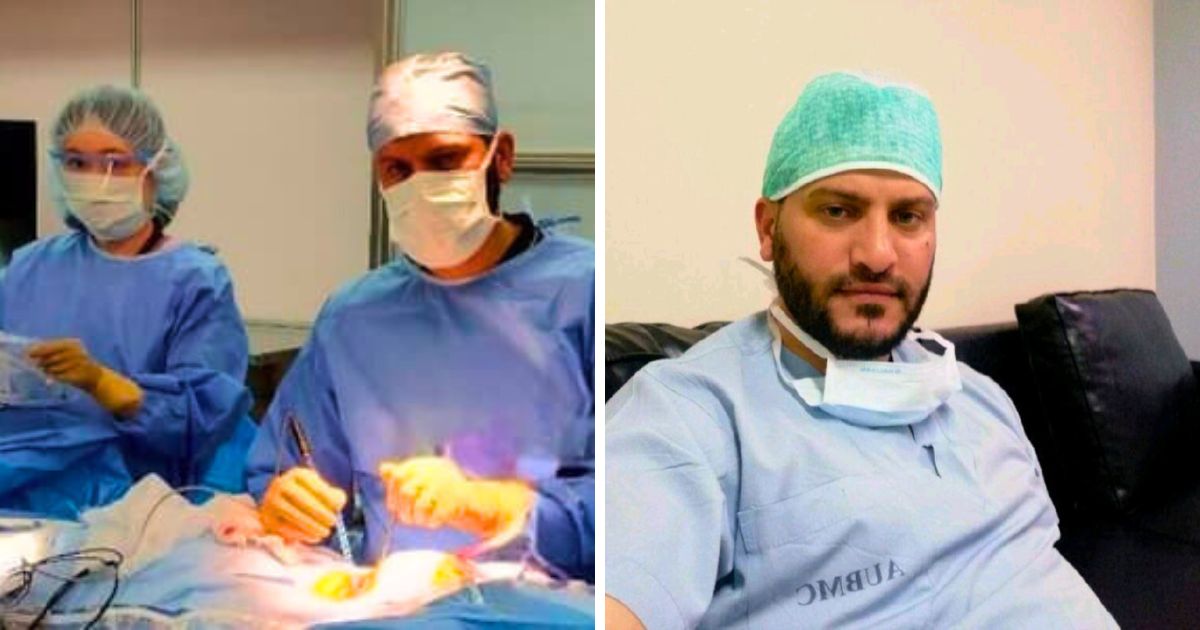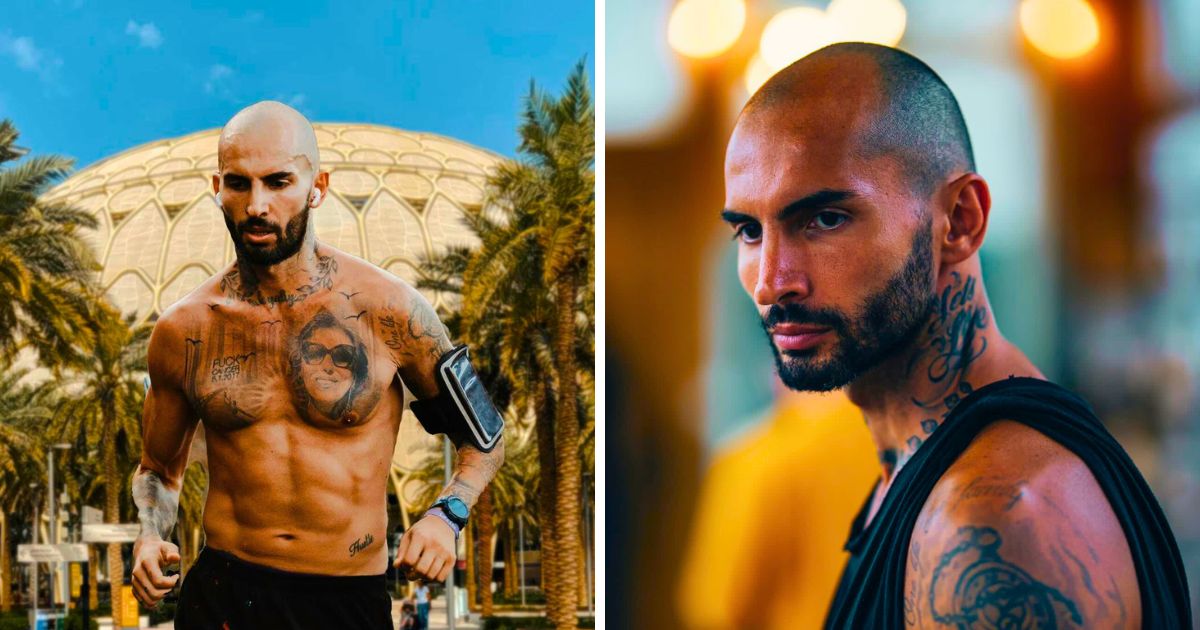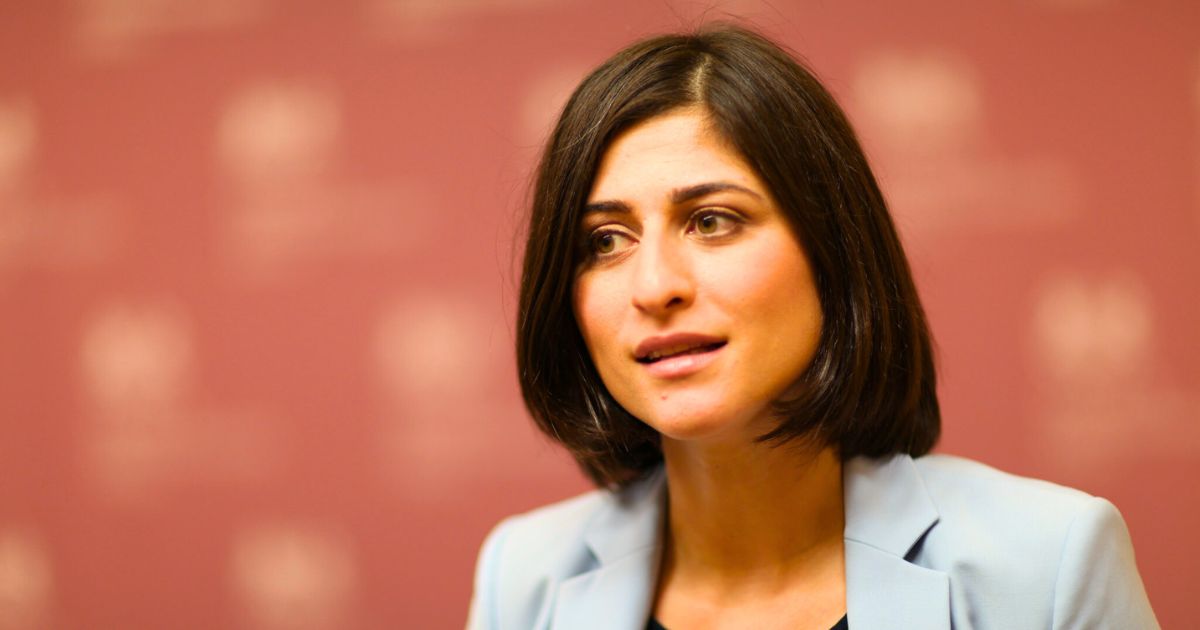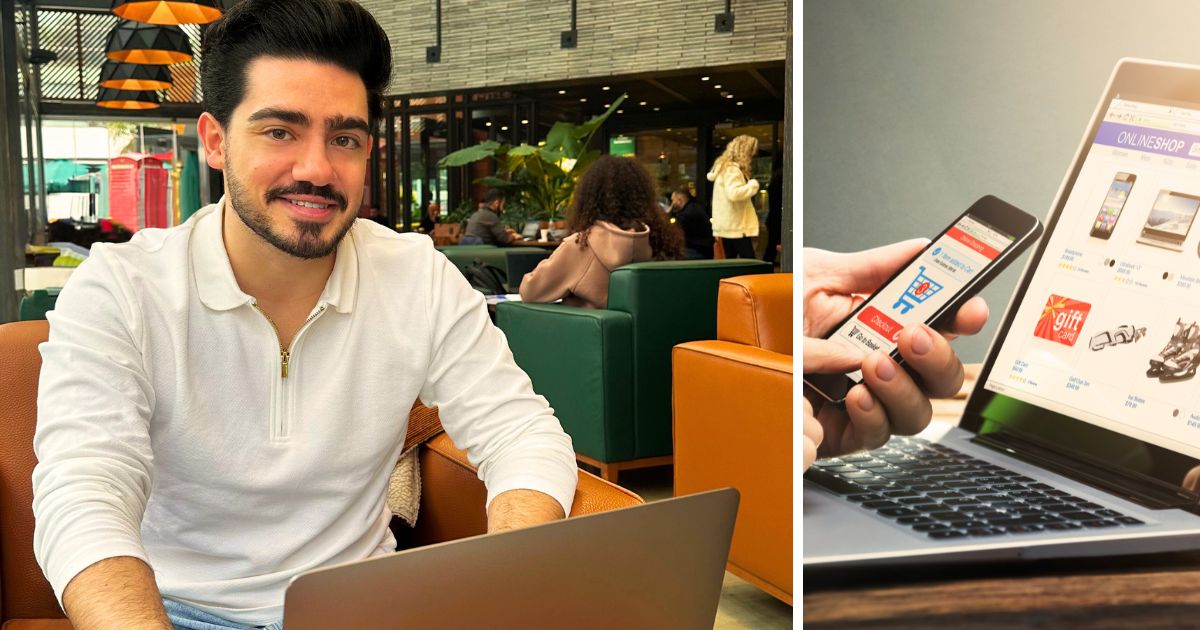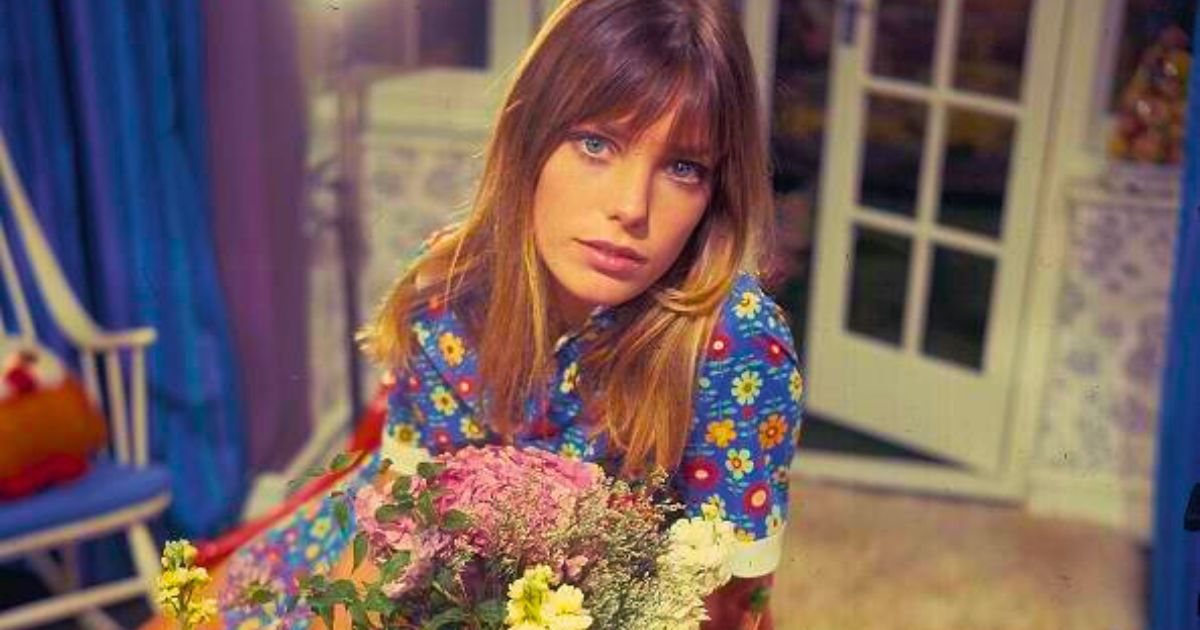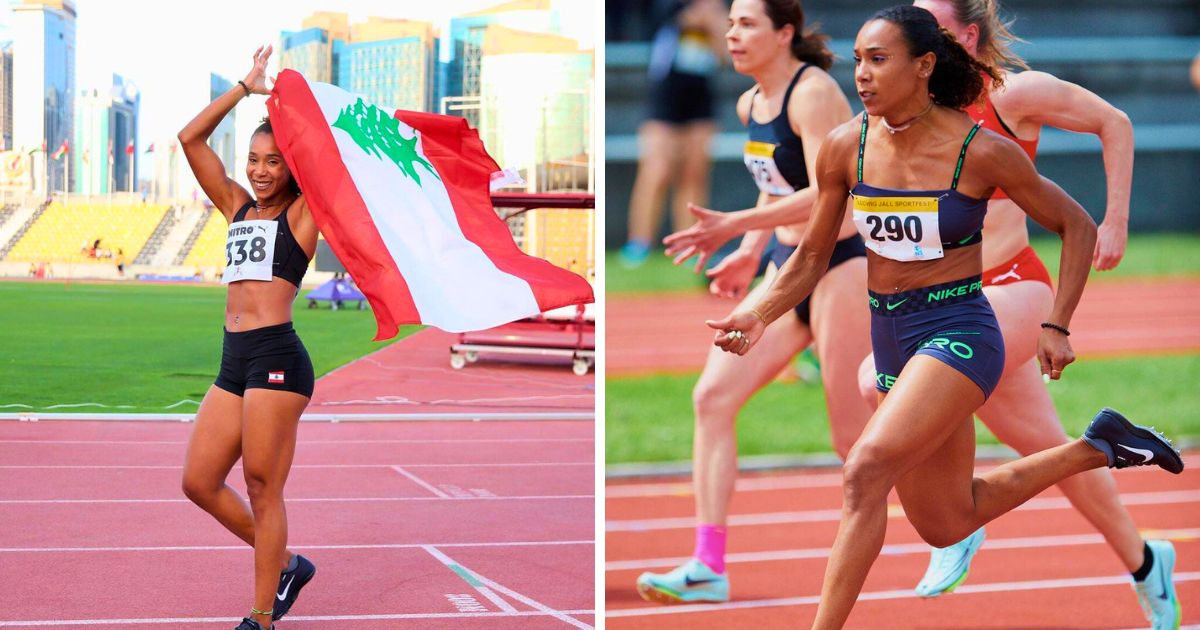Coronavirus has taken a toll on normal city life. Many Lebanese used to drive hours from their home villages to the cities but, with the lockdown, these villagers are staying put.
Instead, they’re turning back to nature and figuring out ways to come to terms with the new normal.
In the stunning village of Barouk in Chouf, the Cezar Projects have proven to be a success. Their Airbnb guest houses offer a lovely getaway, and the surrounding nature is breathtaking.
But it’s more than just a peaceful escape. Headed by Cezar Mahmoud, this successful project is looking to expand.
Instead of just focusing on tourism with the Cezar project, the residents of Barouk are dipping their toes into the agricultural sector at a professional capacity: through the Farmville Project.
Although they have always been planting, they’ve leveled up their game this year.
Too many residents of Barouk have left their city jobs after the pandemic and saw it best to stick to their vegetative fields. This includes the younger generation, making this change a game-changer!
Cezar said the project will create new job opportunities in the village, thus aiding both old and young residents of the region.
Many who have graduated from well-respected universities with degrees in tourism, agriculture, and environmental studies remain unemployed.
Consequently, they need this project, as much as it needs them! With all the new studies and advanced techniques, Barouk will be going through a transformation.
Farmville aims to make the crops healthier and to focus on keeping their products organic. They want to make it all more sustainable for the future while respecting the natural environment.
This way, tourists can get a real sense of Mother Nature’s beauty, and enjoy their hikes and tours, along with the other many activities there.
With this project, they won’t have to pay as much for vegetables anymore as they used to at markets. “The market quality definitely cannot be compared to the quality of our products this year,” Cezar Mahmoud said.
The intention is to provide their less expensive and better quality products to local markets, hotels, and restaurants. This will create job opportunities, and form a self-sustained/independent community.
They are now planting up to 20 types of vegetables, and also have an animal farm.
By recording their steps and procedures day by day, they hope their plan can serve as a guide for others in their village and encourage others all across Lebanon.
The project aims to renew traditional farming culture and prove that farming isn’t boring, nor is it specific to the older generations.
“This is the future, not just for our Barouk, but it’s the future of all Lebanese villages,” says Cezar.




